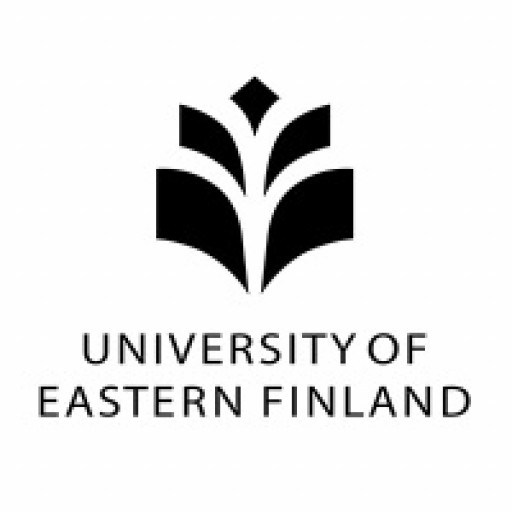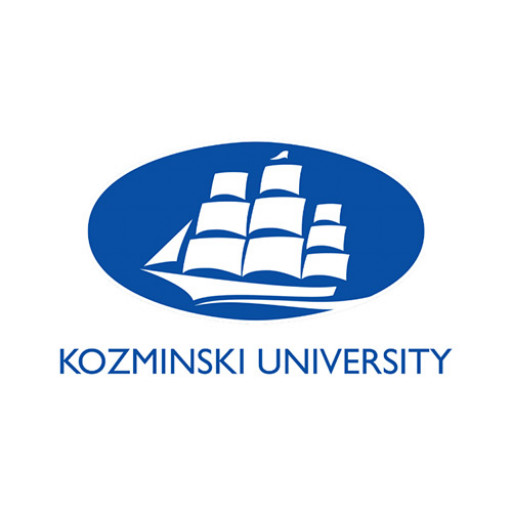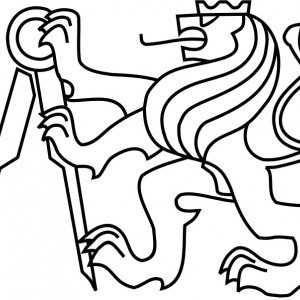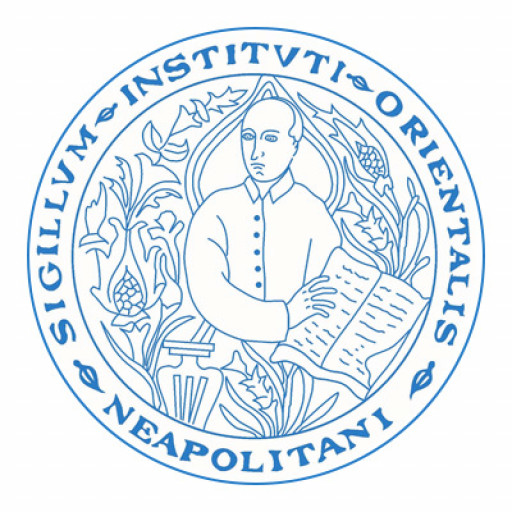Photos of university / #cambridgeuniversity
The Anglo-Saxon, Norse, and Celtic Studies program at the University of Cambridge offers an in-depth exploration of the languages, literatures, histories, and cultures of the early medieval period across Northern Europe. This interdisciplinary course provides students with a comprehensive understanding of the transformative period from late antiquity through the Viking age and into the early medieval era, focusing on the diverse societies and their interactions. Students will engage with Old English, Old Norse, and Insular Celtic languages, enabling them to read original texts and appreciate their linguistic richness. The program emphasizes the development of skills in historical linguistics, philology, and textual analysis, supporting students in deciphering the complex relationships between language, culture, and societal change during this turbulent period.
Throughout the course, students will examine a broad range of primary sources, including epic poems, chronicles, legal texts, and archaeological findings. The curriculum covers key themes such as feasting and festivals, beliefs and religious practices, law, warfare, and daily life, providing a well-rounded perspective on the societies under study. The program encourages critical thinking and contextual analysis, enabling students to understand the influence of these early cultures on subsequent European history and identity.
Students also have opportunities for research, attending seminars and working closely with leading academics in the field. The program prepares graduates for careers in academia, archaeology, cultural heritage, and related fields, offering a unique insight into the roots of European civilization. With its emphasis on language skills, textual analysis, and cultural history, the Anglo-Saxon, Norse, and Celtic Studies program is ideal for students interested in exploring the rich tapestry of Northern European heritage. Join us to uncover the stories, languages, and legacies of the early medieval world that continue to influence modern European culture.
| One to one supervision |
Approximately 8 hours per year. The University of Cambridge publishes an annual Code of Practice which sets out the University's expectations regarding supervision." |
|---|
Feedback
In addition to supervision meetings each student should also receive a supervision report at the end of each term.
Assessment
Thesis
Submission of an 80,000 word dissertation and an examination, conducted orally, on the subject of the dissertation.
- Magistr (Master's Degree) at Pass level. Diploma Specialista (completed post-1991) with a minimum overall grade of good or 4/5 Bachelor's from Moscow Institute of Physics and Technology and other prestigious institutions with an overall grade of 4/5 Bologna Bachelor's from other institutions with an overall grade of 5/5, Excellent
- Diploma Specialista (completed post-1991) with a minimum overall grade of Excellent or 5/5 Bachelor's from Moscow Institute of Physics and Technology and other prestigious institutions with an overall grade of 5/5
- IELTS (Academic) 7.5
- TOEFL Internet Score 110
- £50 application fee
- First Academic Reference
- Second Academic Reference
- Transcript
- Sample of Work
- Research Proposal. 500 words
- Personal Reference
The financing of the Anglo-Saxon, Norse and Celtic studies program at the University of Cambridge is primarily funded through a combination of university scholarships, grants, and bursaries, as well as external funding opportunities. Students are encouraged to explore various sources of financial support to offset tuition fees and living expenses. The university offers a number of merit-based scholarships specifically aimed at students undertaking language and humanities degrees, which may include the Anglo-Saxon, Norse and Celtic program. In addition to university scholarships, students can apply for externally funded grants from organizations such as the British Council and cultural foundations dedicated to supporting studies in medieval and Nordic languages. Funding opportunities are also available through graduate research councils for postgraduate students, with specific fellowships aimed at those engaging in specialized research within Anglo-Saxon and Norse studies.
Students are advised to regularly check the university’s official financial aid webpage for updates on scholarship availability, application deadlines, and eligibility criteria. It is recommended that prospective students consult with the university’s financial aid office early in the application process to identify the most suitable funding options. The cost of attendance includes tuition fees, which vary depending on residency status, and estimated living expenses in Cambridge, which can be reduced through university accommodation and meal plans. Financial planning is an integral part of the course enrollment process, and the university provides comprehensive guidance to students seeking financial assistance.
For students pursuing postgraduate research, funding may also be available through specific research grants and departmental funding streams. International students are encouraged to inquire about scholarships for international applicants, as these can significantly reduce financial burden. Overall, financing for this program is structured to support students in their academic pursuits while mitigating financial challenges, ensuring access to high-quality education in Anglo-Saxon, Norse, and Celtic studies.
The Anglo-Saxon, Norse, and Celtic Studies program at the University of Cambridge offers a comprehensive exploration of the languages, literatures, and cultures of the early medieval period across Britain and Scandinavia. This program provides students with a deep understanding of the linguistic developments from Old English, Old Norse, and other Celtic languages, along with their historical contexts and literary traditions. Students have the opportunity to study the language structures, syntax, and vocabulary in their original forms, enabling a nuanced comprehension of ancient texts and inscriptions. The program also emphasizes the cultural and historical significance of the period, examining themes such as Viking invasions, Norse mythology, early medieval Britain, and Celtic traditions.
Students participate in rigorous language training, reading classical texts, poetry, sagas, and historical documents. The program encourages linguistic skills alongside cultural and historical analysis, promoting interdisciplinary approaches that combine philology, archaeology, and history. The course is designed for those interested in the early history of the British Isles and Scandinavia, cultural identity, comparative mythology, and the evolution of languages.
Collaboration with archaeological departments and access to rare manuscripts and digital resources enhance the learning experience. Graduates of the program often pursue careers in academia, research, heritage management, and education. The program aims to foster analytical and critical skills relevant for understanding Europe's early medieval heritage, preserving knowledge of ancient languages, and exploring the interconnectedness of Britain and Norse societies.
Overall, the Anglo-Saxon, Norse, and Celtic Studies at Cambridge combines linguistic mastery with cultural insight, preparing students to contribute to the understanding and preservation of early medieval European history and literature.










